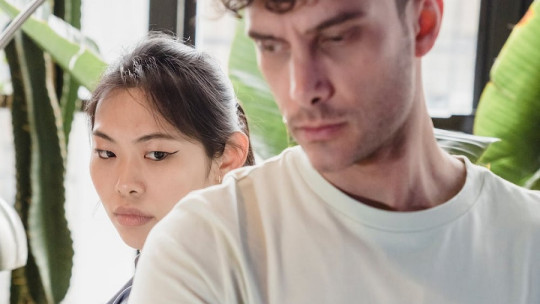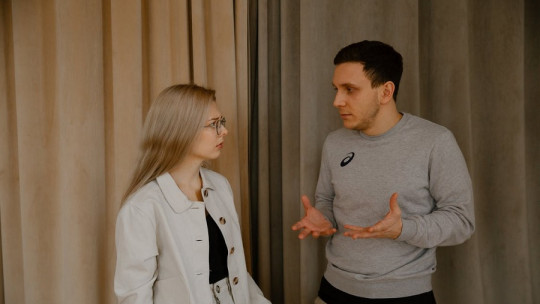
We live in a world in which it is increasingly common to find people who have anxiety about having a partner, as well as people who feel anxiety when approaching someone or building a relationship. Then, within the relationship, anxiety continues and episodes of jealousy and insecurity arise
Why is it happening more and more? What is the real reason? And above all, what is the real solution?
This problem is becoming more common because we have not learned to build a functional, stable and secure self-esteem, as well as for not having recovered from painful episodes in the past in relation to the couple that left us with certain ideas, beliefs, attitudes or fears. We are going to see in parts the reason, the solution and how you can begin to take the first steps towards your change if this happens to you.
Anxiety about having a partner
Where does anxiety with a partner come from (to have a partner or when you have a partner) or fears when it comes to having a partner?
A relationship is the context of greatest learning for a human being We are social beings and we tend to relate, and in this two people share intimacy, beliefs, values and even identities.
This causes fears, conflicts to arise and a fight of egos to emerge. Each person wants to keep their beliefs, what they think they need, and their idea of what is right or wrong
In a way, a couple is like a mirror. Each member of the couple is like a mirror for the other, where they reflect their virtues but also their fears and insecurities. For this reason, couples often come into conflict once the first phases of the relationship end.
That’s where the great learning from each other comes. The couple is then like a daily therapy in which people can get to know themselves better and feel stronger and safer
However, this fear of feeling vulnerable often leads us to have anxiety within the couple. At the same time, the same anxiety about loneliness (because we believe that it is a reflection of low worth or because we believe that we are not interesting to others) leads certain people to frequently look for a partner, and It is also common for them to make comparisons with others
This anxiety can also arise because we are afraid of having a partner due to past experiences.
Why does all this happen?
These kinds of problems arise because it has been learned that well-being, and therefore self-esteem, depend on external factors such as the behavior of another person. This creates anxiety and insecurity, since it is a well-being that is not in our hands, but outside. The solution is not to “raise” self-esteem, since self-esteem does not really go up or down (“raising” self-esteem would be equivalent to inflating the ego), but to build a self-esteem that works, where well-being depends, above all, on internal factors. .
The solution: emotional independence
Emotional independence is not being a lone wolf or being individualistic. All people are dependent to some extent on others, on the context, even on the air we breathe. It is that your well-being, to a large extent, depends on internal factors
If your actions are independent of the rest and generate well-being through your own means, you will build a life in which you know yourself and can share that well-being with other people. The anxiety about having a partner will disappear, and also the fear of having one.
A process of change
However, achieving this is not easy. It is necessary to live a process of profound change where you learn to build and develop your emotional independence so that your self-esteem really works for you. In Human Empowerment, an online personal development school, you find a free program to take the first steps titled “Get over yourself.”
Although sometimes people need company and experience a complete change process. For this there is “Grow with Affective Independence”, a 3-month process to build functional self-esteem and thus enjoy both relationships and life without a partner (whatever your case).
The important thing is that you know that your well-being fundamentally depends on you. It’s about making the decision of where you leave that well-being.








